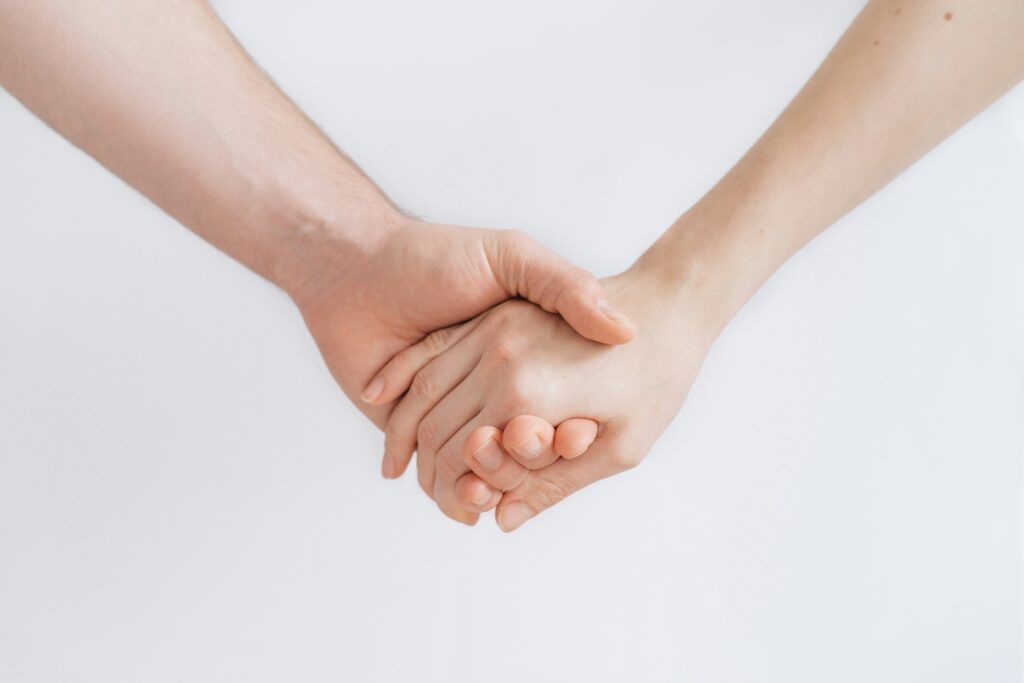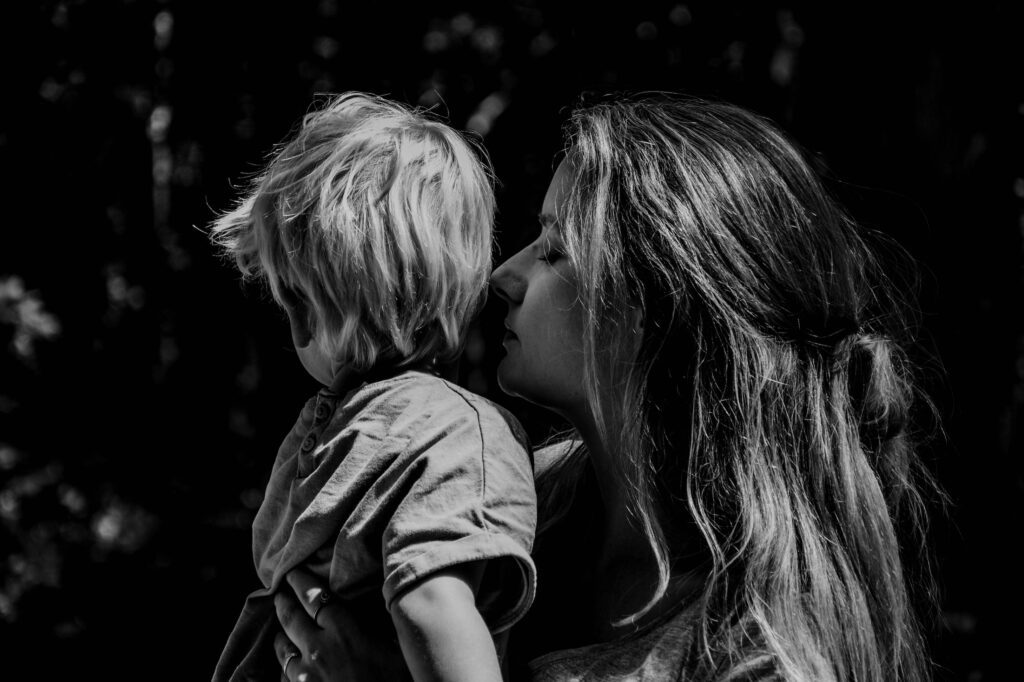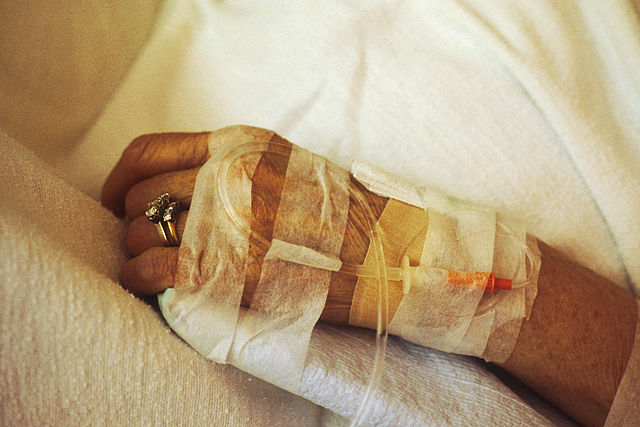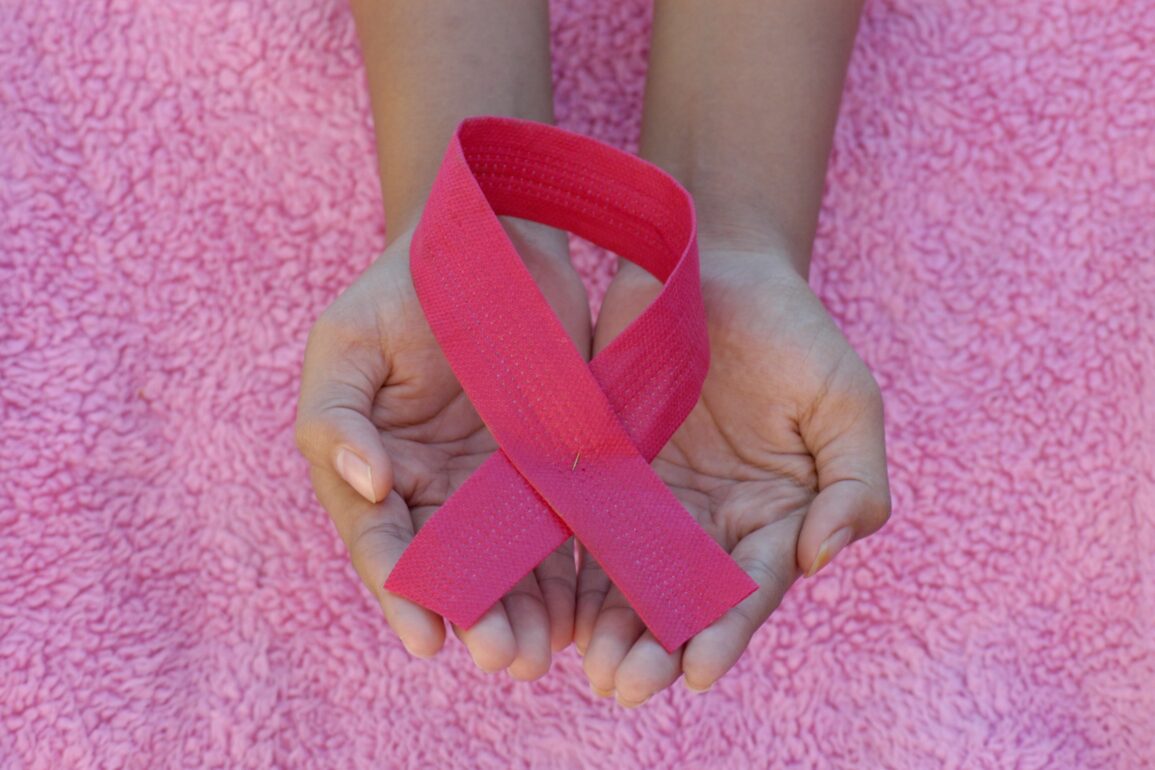The Big C is not only life altering for the patient but for loved ones as well, particularly for the youngest members of the family.
After weeks of speculations and conspiracy theories, Catherine, the Princess of Wales, finally put an end to the rumors—but not in the way many people wanted it to be.
In a two-minute video, Kate, as the world fondly calls the UK’s future Queen, revealed that she was diagnosed with cancer following a planned abdominal surgery and is undergoing what she called “preventative chemotherapy.”
She said the news had come as a “huge shock” and that she and Prince William had been doing their best to process and manage the news privately.
Being diagnosed with the Big C is never not shocking—even if you’re royalty or not. It is not only life altering for the patient but for loved ones as well, particularly for the youngest members of the family.
I would know. My life changed in the instant my mom told me she had Stage 4 metastatic breast cancer. My life as I knew it was no longer.
I was already 27 when I received the news, still it was a difficult pill to swallow. What more for young children, as in Princess Kate’s case? How do you tell them you have cancer?
Here are some ways you can break heartbreaking news to the youngest members of the family.
Be honest
The American Cancer Society advises being honest and open with children. Some parents might want to protect their kids from fear or they might be afraid that their children will worry more if they are told.
However, youngsters are much more perceptive than we give them credit for. They can usually see that others are acting differently and sense when something is wrong. If they think something important is being kept from them, they might feel more confused, even afraid.

from Unsplash
You should also explain that cancer is a serious illness. You can tell them the difference between being sick with the common cold versus much more serious diseases which could take a longer time to cure and even lead to death, just like cancer.
It is important to give them information about what type of cancer it is you’re battling and what to expect in a way that is age appropriate.
Part of honesty and openness is giving kids the opportunity to ask questions and express their feelings. This will help them understand what’s going on and help be less anxious.
Use words they will understand
Children need to know enough so they can also be prepared for what’s about to or what could happen and how the changes might affect them. Younger children need less detail than older kids.
However, regardless of age, most kids must know the basics: the type of cancer, where the cancer is in the body, and the kind of treatment and how it might change how the person looks and feels.
It is recommended to explain to them how their lives are expected to be changed by cancer and its management. Will chemotherapy sessions alter the times they will be picked up from school? Will mommy or daddy feel any discomfort after treatment?
MD Anderson Cancer Center suggests taking an age-appropriate approach. For infants and toddlers who are too young to understand what’s going on, experts say the important thing is to give them plenty of physical affection to help them feel safe and secure.

Shelby Doyle, a social work counselor in the said center, says you have to assure very young children that they didn’t cause your illness. Use pictures or stuffed animals to help you explain in a way they’ll understand. Provide brief, simple explanations, and repeat as necessary.
School-age children can handle a more complex and detailed explanation about cancer. Help them process the information by sharing books, pamphlets, or videos.
At around age 9, children are already aware that cancer could cause death. Even if your child doesn’t bring it up, it’s important to talk to them about death, says Doyle. The most important thing is to reassure your children that they will always be loved and cared for no matter what happens.
Teenagers likely already understand cancer, but they’re more likely to internalize or hide their feelings. Encourage them to talk about their feelings, but don’t force them to. If possible, you can advise them to to talk to another adult whom they’d be comfortable talking to.
Explain the physical changes they might see
This is also one of the reasons why one should be open to loved ones upon diagnosis of the Big C. Cancer can be a difficult secret to keep. Once treatment starts, be it radiation or chemotherapy, children may see side effects like fatigue, weight and hair loss, skin color changes, or nausea.



These changes can be scary for younger ones and they may assume that the patient is going to die. They may also fear that they will get sick, too.
To help avoid these scenarios, children need to be told about the illness. They should know in advance the kinds of side effects that cancer treatment might cause and the ways their daily lives and how the family works together may change.
Reassure children that it is OK to feel angry, scared, or anxious, and that it is important to talk about these feelings with a trusted adult.
Seek professional help
If you think your cancer diagnosis is already affecting your family, not just the children, in a way that is difficult for you or the other adults to manage, you may already consider seeking professional help.



from Unsplash
If you notice something concerning or disturbing, don’t be afraid to reach out for help. The Philippines already has several cancer support groups which could help you and your loved ones better cope with the Big C. You may click on this link for more information.




